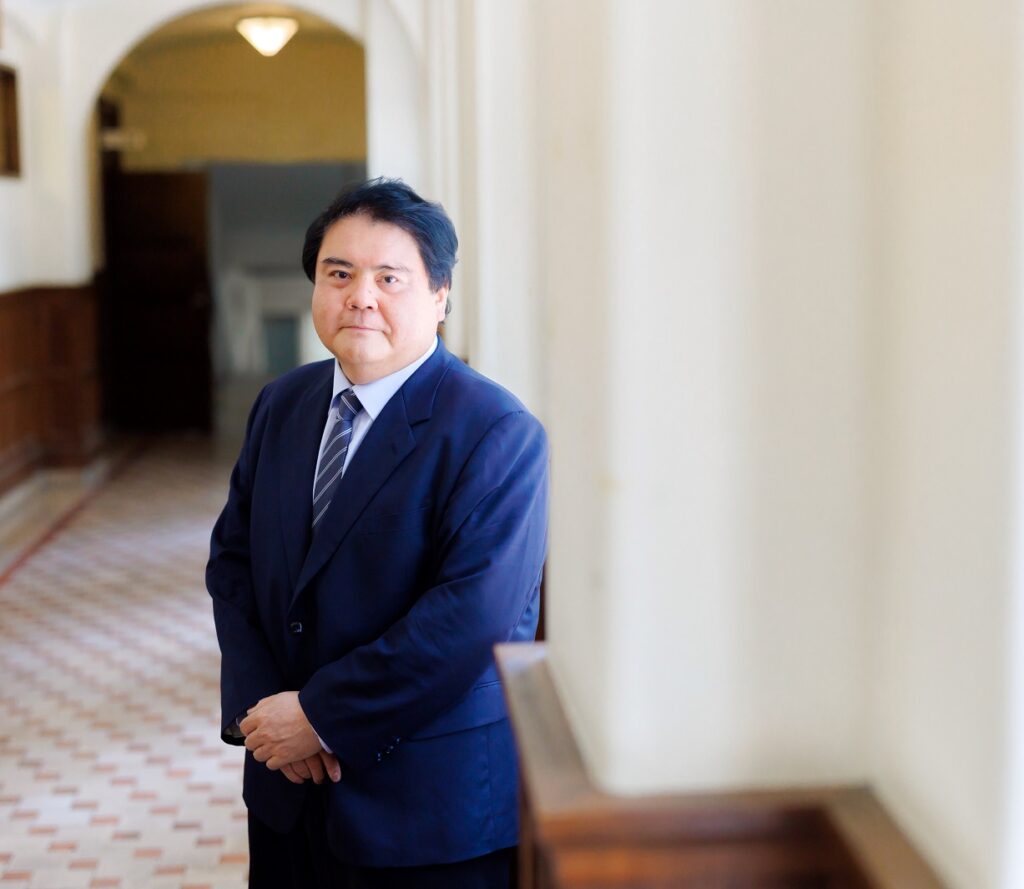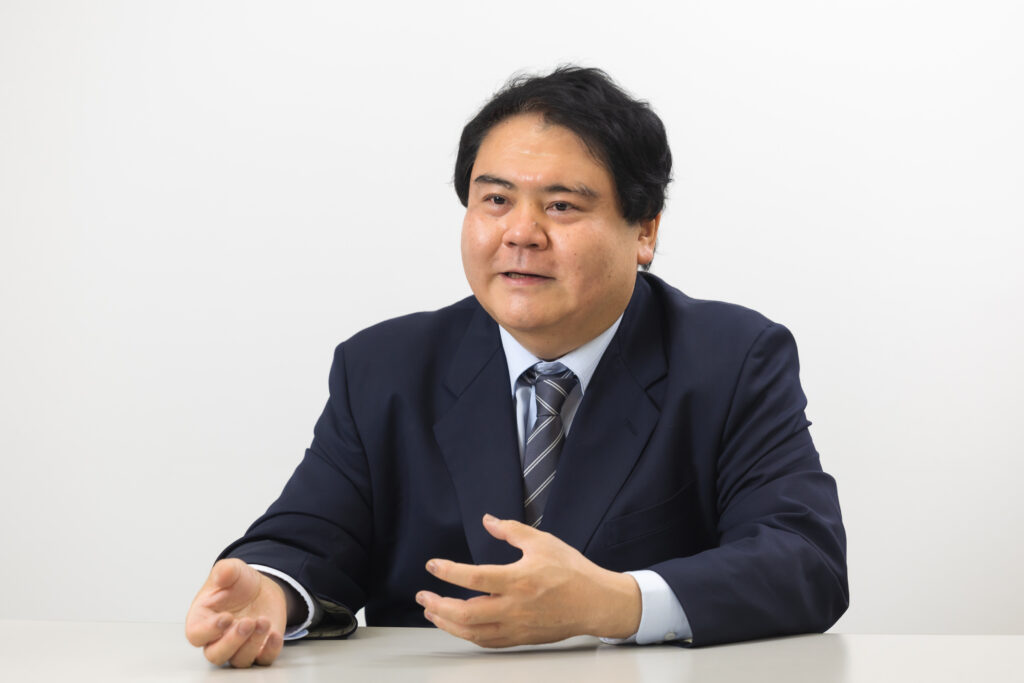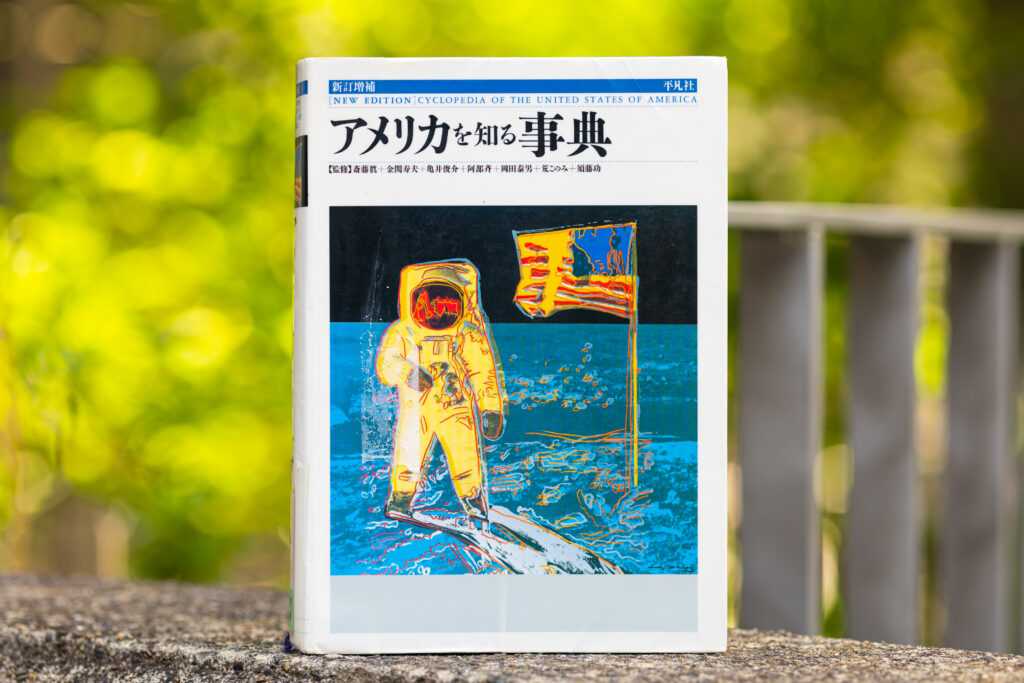
Professor Kazuhiro Maeshima of the Faculty of Global Studies is an expert of contemporary American politics and government. He employs a broad perspective in his research of contemporary American politics, incorporating election statistical analysis, studies of political and media trends, and interviews with participants of political movements and government activities. How should we understand the rapid polarization taking place in the US?
The American public is becoming rapidly polarized, and the divide between the conservative and liberal wings is deepening, splitting public opinion. This polarization significantly affects elections, congressional operations, government policy, and even the media.
The government needs the media to disseminate its positions, and the media needs the government to be a source of information. The close relationship between government and media is apparent in most countries, but in the U.S., the relationship is especially pronounced. It would not be an overstatement to suggest they are interdependent.
But the American media has also become polarized, reflecting divisions in public opinion. There can only be one truth, and it has become increasingly difficult to arrive at this truth due to the way in which the conservative media and liberal media deliver political information to their respective wings of the political spectrum. Conservatives only tune in to conservative media and liberals only tune in to liberal media. There is an expression known as the “Rashomon syndrome” that refers to the film “Rashomon” by Akira Kurosawa. The film, which is based on the stories of “Rashomon” and “In a Grove” by author Ryunosuke Akutagawa, follows the contradictory testimonies of witnesses and individuals involved in a murder. The movie ends before arriving at a truth – an ending I feel captures the current landscape of American politics.
Investigating polarization by studying those on the ground

In my initial time as a researcher, I focused on analyzing elections and congress from a quantitative standpoint. I studied American politics at an American graduate school, which meant diving into research from the angle of political science.
However, after returning to Japan, I started to engage in qualitative research as well, through interviews with relevant subjects and non-participant observation. For instance, I have been speaking with participants of the Tea Party movement – a conservative moment that began to spread in 2009 – and interviewing affiliated groups, since the movement’s inception, as part of my research.
I was also present at the 2011 Occupy Wall Street movement, during which demonstrators “occupied” Zuccotti Park by setting up tents and sleeping bags; I stayed overnight, speaking with participants.
My study of these two movements provided various insights. Despite being entirely different movements, they both derived from the frustration that “a small group of elites dominate society, despite us being the majority,” and the demand to “listen to those suffering.” This observation was a striking realization of the degree of inequality and the intensifying disdain for society and the government in the U.S.
Raising a new generation of researchers to engage with contemporary American politics
As a researcher, I write papers and present at academic conferences, but I also teach students, conduct activities with diplomats, and provide commentary of American politics to general audiences. I feel that these roles, while different, are closely connected. In June 2022, I was appointed Dean of The Japanese Association for American Studies. I hope to help raise the next generation of researchers.
The book I recommend
“New Edition Encyclopedia of the United States of America”
by Konomi Ara, Heibonsha

I always had this in my bag as a student. Despite being an encyclopedia, it is interesting to read and each section is organically connected. It hooked me and paved the way towards my research of the U.S. It is an encyclopedia, which means it is big, but I did not mind at the time.
-
Kazuhiro Maeshima
- Professor
Department of Global Studies
Faculty of Global Studies
- Professor
-
Kazuhiro Maeshima graduated from the Department of English Language and Studies, Faculty of Foreign Studies, Sophia University; received his M.A. in Government from Georgetown University; and obtained his Ph.D. in Government and Politics from University of Maryland. In 2014, after working at Bunkyo University, he was appointed to his current position.
- Department of Global Studies
Interviewed: June 2022